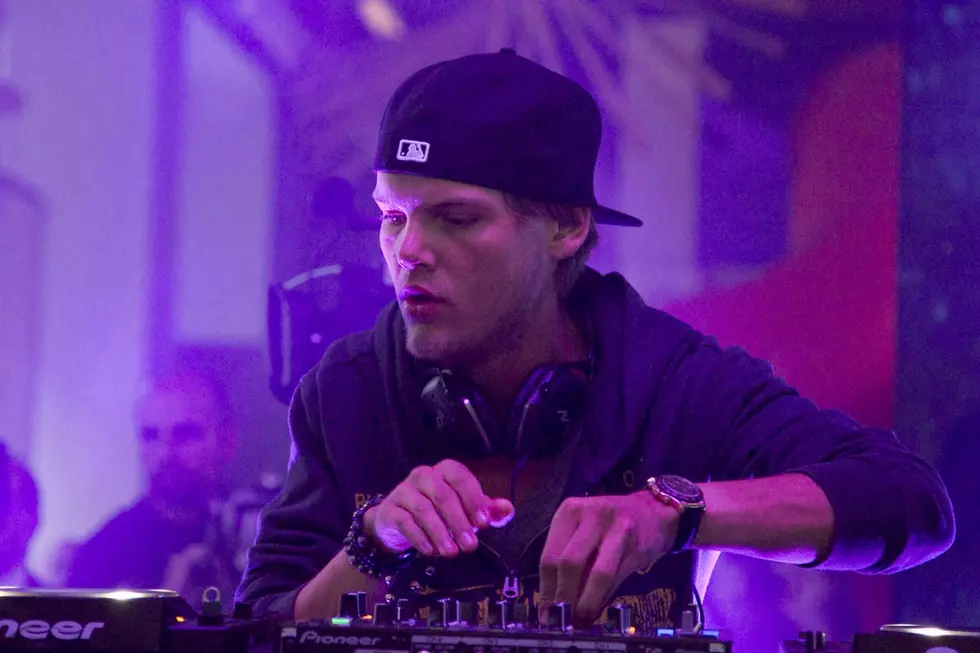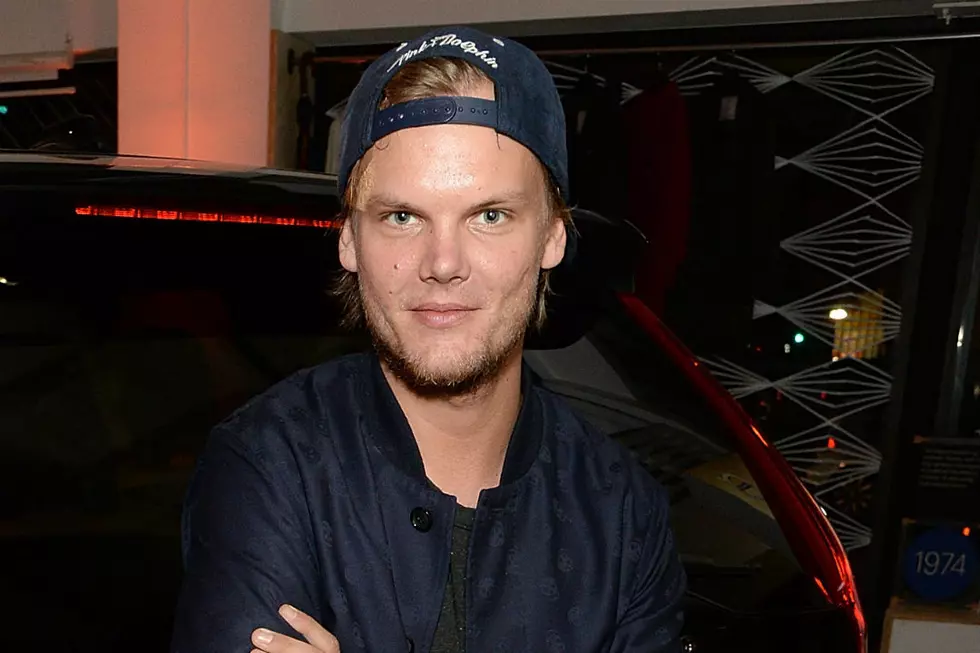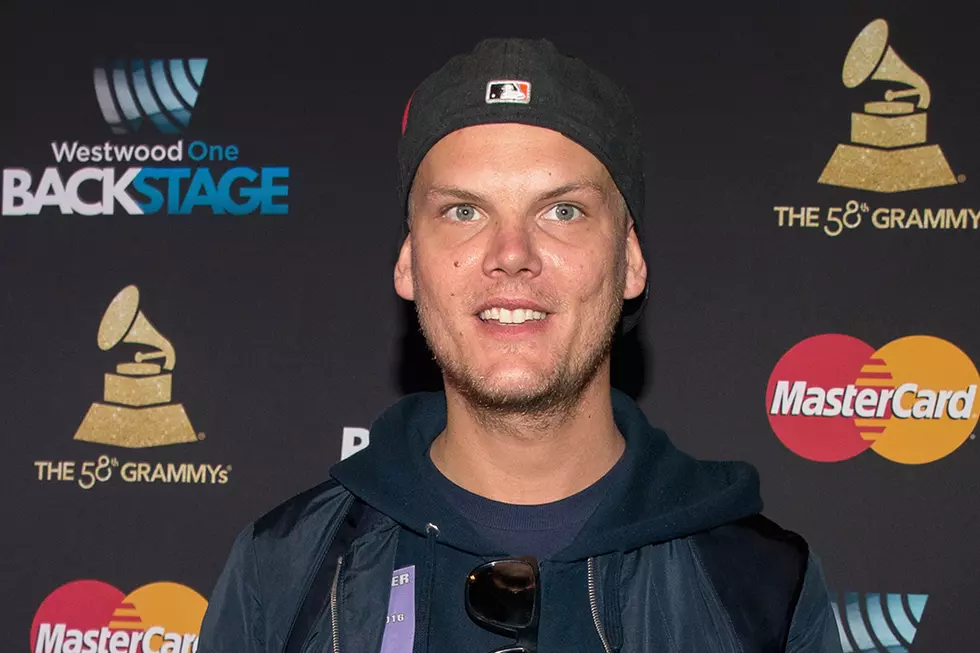
Avicii’s Friends, Family + Girlfriend Reflect on His Tumultuous Final Years
Last week, Avicii died from an apparent suicide in Muscat, Oman, sending shockwaves across the internet that had long propelled his career. The Swedish beatsmith, whose real name was Tim Bergling, had been behind some of the last decade's biggest dance hits, and, at 28, was one of EDM's most bankable stars. He'd suffered health problems in recent years, but in 2016, announced his retirement from touring to focus on his well-being. From the outside, it seemed, he was on a positive path. So what went awry?
In interviews with Rolling Stone, his friends and collaborators have reflected on the DJ's tumultuous final years, recounting an accelerated lifestyle that, at times, left Avicii drained.
“The productions became gigantic and overwhelming,” explained Neil Jacobson, a Geffen Records executive. “He had the duality of having a gigantic sense of theatrical ambition but, at the same time, being a very humble and simple guy. He was caught between the two, and the life began grinding on him.”
In 2012, one year after the breakthrough success of house rave-up "Levels," Avicii was hospitalized for more than a week for acute pancreatitis — a condition caused, in part, by excessive drinking, which the DJ said he used to calm his nerves in social situations. In March 2014, after a year of putting off the surgery for work reasons, he had his gallbladder removed.
He then took a small step back, cancelling a series of shows in 2015, and returned with Stories later that year. But the album wasn't as fruitful as his debut, 2013's True, and those around him started to notice signs of strain.
"He was almost looking like a walking corpse," Laidback Luke, a fellow producer instrumental to Avicii's early work, recalled of a 2015 encounter. "He was superthin. He aged in the last five years, man. I was shocked.”
After the "Wake Me Up" producer stopped performing live, though, things seemed to be on the upswing. He installed a home studio on a vineyard in Tuscany, changed management and record labels, and began plotting three EPs — the first of which, Avīci (01), arrived last August.
“He didn’t look skeletal. He looked healthy, like he’d been out in the sun," Incubus guitarist Mike Einziger told RS. Added songwriter Joe Janiak, whom Avicii had worked with for several weeks at his Los Angeles studio before he left for Oman: “You could tell he had spent a long time figuring out the puzzle, and he was trying to take charge of his life. He seemed pumped. That’s the shocking thing. He didn’t seem like a guy at the end of his days.”
Avicii's girlfriend, Tereza Kačerová, also expressed surprise in an open letter posted to Instagram on Thursday night (April 26).
“I’ve spent the last days waiting to wake up, waiting for someone to tell me that this is some sick joke, some awful mistake,” she wrote. “I think it’s finally settling on me now that I will truly never get to see you again.”
In their second statement on Avicii's death, released Thursday, his family wrote that he "really struggled with thoughts about meaning, life and happiness" and that "he could not go on any longer. He wanted to find peace."
An official cause of death has not been revealed, though Variety said a police report is expected in the coming days.
Avicii Having a Blast Behind the DJ Booth
More From Mix 94.9










